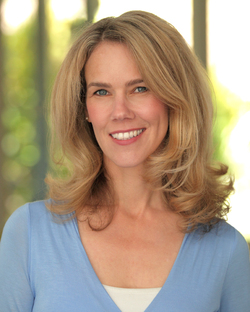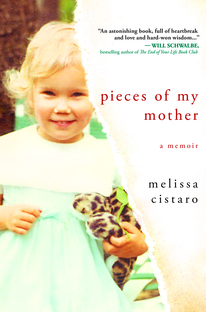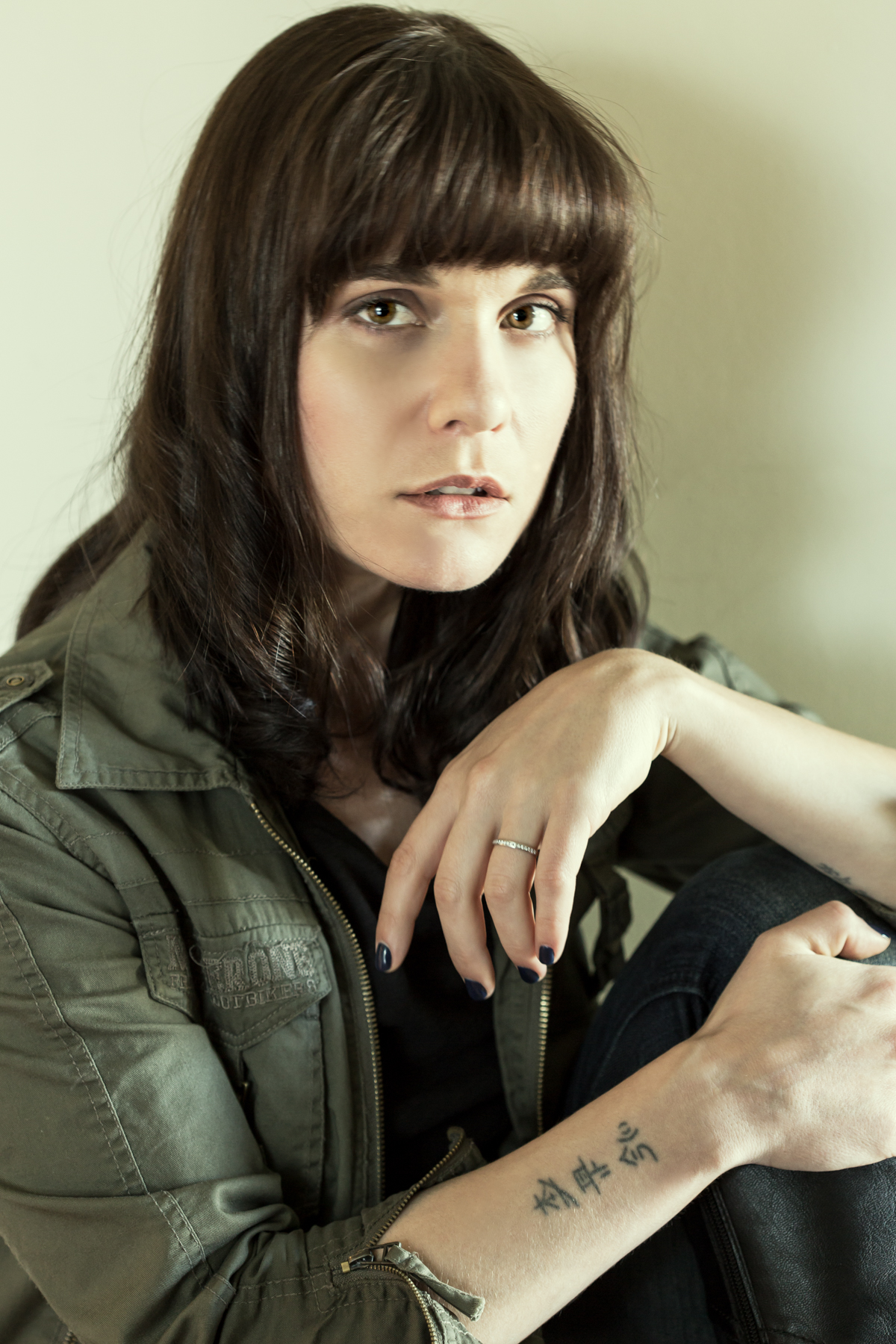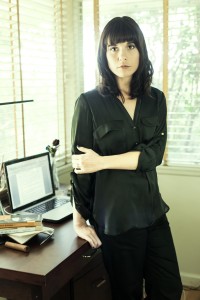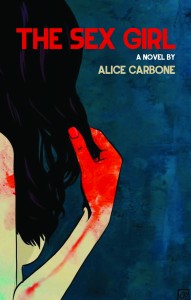We first met Melissa Cistaro when she pitched her book to us at a Pitchapalooza we did for Book Passage (one of America’s great bookstores) in Corte Madera, California. We’ve been doing this so long we can usually tell when someone has a book in them and is capable of getting it out successfully. And we knew Melissa had the right stuff as soon as she opened her mouth. Arielle then made a suggestion to Melissa that she calls perhaps her greatest move as a Book Doctor: she told Melissa that she should get a job working at Book Passage. This is what separates the doers from the talkers. Melissa actually did it; she got a job at Book Passage. Eventually she became the person who introduces authors when they do events at Book Passage. Some of the greatest authors in the world come through that bookstore. Now Melissa gets to move from being the person who presents authors to the author being presented. So we thought we would pick her brain to see how she did it.
To read this interview on the Huffington Post, click here.
The Book Doctors: How did you get started as a writer?
Melissa Cistaro: This may sound odd, but I think that becoming a mother is what turned me into a writer. Even in college, I still considered writing one of my greatest weaknesses. But when I saw my own child for the first time, I knew I had to figure out how to tell the stories that had been hiding inside of me for so long. I started taking classes at UCLA Extension, and it was there that I caught a glimpse of my writing voice–and after that, I couldn’t stop writing. I’ve always believed that motherhood opened a portal inside of me that gave me permission to write. If I hadn’t become a mother, I don’t know that I would have become a writer.
TBD: What are some of your favorite books and why?
MC: In the house I grew up in, we rarely had access to books. I was not a child who discovered books early–they came late for me, and when they did, I had a lot of catching up to do. One of the first books to completely mesmerize me was Arundhati Roy’s The God of Small Things. The language was magical and the story deep, evocative and riveting. I am often pulled into stories through language. Fugitive Pieces is another book that I drew me in with its incredible poetic narrative. Divisadero by Michael Ondaatje and a short story collection by John Murray called A Few Short Notes on Tropical Butterflies. Oh this is hard! I could go on and on with favorite books.
TBD: What made you decide to write a memoir?
MC: I started this story as a work of fiction. It was easier for me to dive into it as someone else’s narrative rather than my own. For years, I wrote calling myself Paisley Chapin in the story, but eventually I realized that I wasn’t very good at drifting away from the truth, as I knew it. Early on, I showed my oldest brother some chapters, and he said to me, “Sorry Sis, but this ain’t fiction you are writing.”
TBD: How has your family reacted to seeing themselves in print?
MC: The book was very difficult to hand to my father. There were many facets of our childhood that he wasn’t aware of–and it was definitely emotional for him to take in our story on paper. He has been exceptionally supportive of the book and, ultimately, a proud father. My brothers also have been generous and supportive. Naturally, there were some details that we recalled in different ways, and we have since had some great conversations about our childhood.
TBD: You attended a number of writing programs, do you recommend this? What are some of the benefits and liabilities?
MC: Classes and workshops were crucial along the way, as was being in a writing group. But I eventually got to a place in the process where outside input began to stifle me as a writer. The feedback was always helpful, but I also had to take responsibility for what I ultimately wanted to write. If there are too many voices and opinions, it can get overwhelming. I’ve become less fond of workshopping and more of a fan of having a few select and trusted readers.
TBD: Which helped you more as a writer, being an equestrian or a mom?
MC: Whoa–this is an interesting question. I don’t know if I’ve ever considered how riding has informed my writing. Communicating with an animal requires a great deal of paying attention and observing, and I think that certainly translates into the writing process. I once had to throw myself off of a horse that was running at full speed back towards the barn. I could see the low awning of the barn ahead, and I knew I had lost control of the horse. I didn’t want to end up trapped under the awning or thrown dangerously sideways–so I made a decision to pull my feet out of the stirrups and make a flying dismount. I skidded and tumbled across the hard summer dirt, landing safely (and sorely) between two spindly birch trees. I think, whether we are parenting or writing or on a runaway horse, we have to make big decisions and sometimes we don’t know precisely what the outcome will be.
TBD: Did working at a bookstore help you as a writer?
MC: Absolutely. If you love books as much as I do and you want to surround yourself with likeminded people, go work in an independent bookstore. Bookstores are magical places. You get to meet authors and discover new books all the time. I also learned how sometimes great books thrive and other equally beautiful books can sometimes wither on the shelf. I quickly gleaned how subjective the world of books can be. This armored me with very humble and realistic expectations as I entered the publishing arena with my own book. I had a completed draft of my memoir when I started working at Book Passage, and I decided to put it in the proverbial drawer for a year so that I could focus on other books and writers. This turned out to be a great plan. Two years later, I met my agent during an event I was hosting.
TBD: You’ve now seen hundreds of authors do events as event coordinator at one of the great bookstores in America, Book Passage. What mistakes do you see writers make? What do you see successful writers do to help themselves?
MC: I have a wonderful job at Book Passage. I introduce authors, host their events and read their books. I find that, for the most part, authors are truly grateful and gracious when they come to Book Passage. I learn something new at every event I host. I take a lot of notes. We always appreciate when an author stands up and thanks independent bookstores for the hard work they do, because we certainly don’t do this work for the money (which is essentially minimum wage). We do this work because we love working in the landscape of books, ideas and creative minds.
TBD: What did you learn about finding an agent and publisher that you think unpublished writers would like to know?
MC: Finding that one agent who falls in love with your work takes a lot of time, patience and perseverance. Expect a lot of rejection. Grow extremely thick skin. And keep writing what you are passionate about. When you find that agent, he or she will help get your manuscript to the right publisher.
TBD: What was the most frustrating part of the publishing process from idea through publication for you?
MC: The publishing process is full of surprises, and I had to carry my publishing “Bible” with me everywhere. (That would be your book!). There are so many things you can learn in advance about how publishing works and all the ins-and-outs of contracts, deals, agents, etc. It was a tremendous and challenging education going through the publishing process. The landscape is changing so fast that it’s important to keep informed.
TBD: How can writers best use their local bookstore to help them in their career?
MC: Support your local bookstore. This means buying books from them. Attend their events. Introduce yourself to the booksellers and tell them you are a writer. Ask them for advice and book recommendations. Let them know you are not going to get a recommendation and then go purchase it for a few dollars less online. Today there are many ways a writer can professionally self-publish their books, and this is a perfectly respectable way to publish. Just make sure that if you self-publish, it’s on a platform that is compatible with independent bookstores. (This is kind of homework that authors need to do when looking into their publishing options!)
I love meeting writers at Book Passage, and I appreciate when they tell me they are a writer because I know how challenging this path is. I also know that one day they may come in and tell me that their book is being published–and guess who is going to make sure that they get a reading at Book Passage?
TBD: What advice do you have for writers?
MC: If there is a story you need to tell, you must do it. You must keep writing and writing until you are both empty and full. No story is too small for this world.
Melissa Cistaro‘s stories have been published in numerous literary journals, including the New Ohio Review, Anderbo.com, and Brevity as well as the anthologies Cherished and Love and Profanity. She works as a bookseller and event coordinator at Book Passage, the esteemed independent bookstore in Northern California. Between the years of raising her children, writing, bookselling, teaching horseback riding, and curating a business in equestrian antiques – Melissa completed her first memoir, Pieces of My Mother.
Arielle Eckstut and David Henry Sterry are co-founders of The Book Doctors, a company that has helped countless authors get their books published. They are also co-authors of The Essential Guide to Getting Your Book Published: How To Write It, Sell It, and Market It… Successfully (Workman, June 2015). They are also book editors, and between them they have authored 25 books, and appeared on National Public Radio, the London Times, and the front cover of the Sunday New York Times Book Review.

